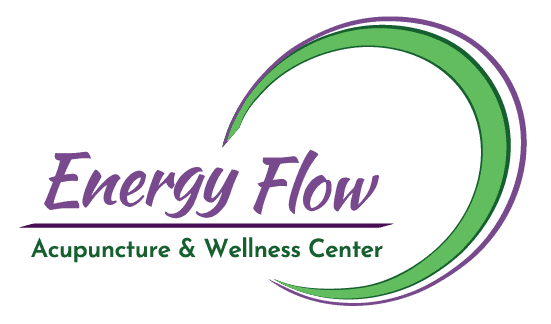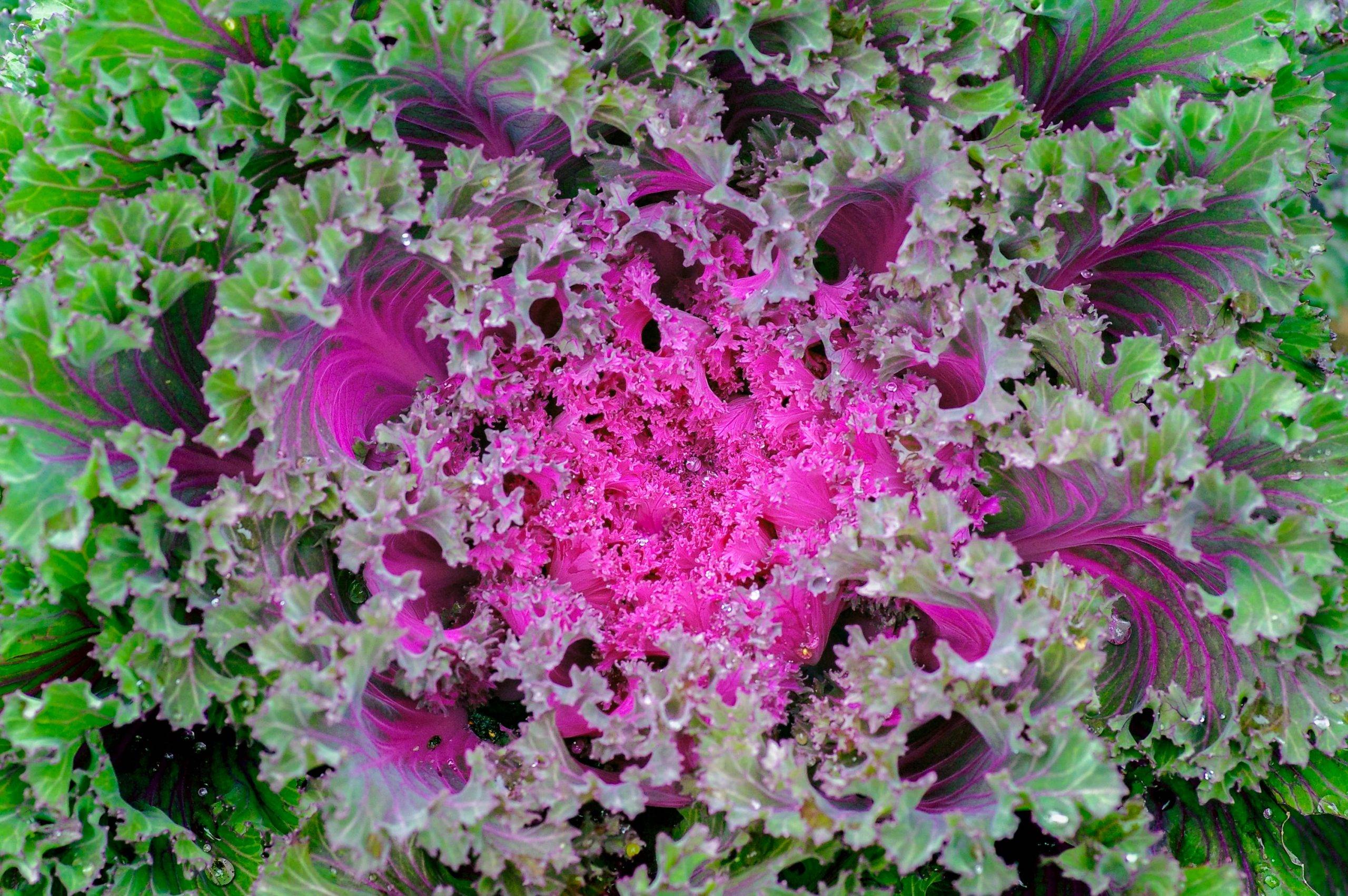Do you ever wish you could have a Do-Over for your day – hit stop, rewind, and start over? Maybe you were critical or grouchy or said something mean to someone or are just overdue for an acupuncture treatment! What will you do differently tomorrow to set your self straight from the start? By starting your day mindfully, you give yourself an opportunity to set an intention of what you want to fulfill and how you want to behave.
What is the first thing you do when you wake up in the morning?
Here are some suggestions that don’t take more than a few extra minutes to either change up your routine or create one anew.
- First, do nothing. Then, just bring your awareness to your breath. Is it shallow, slow, warm? Deep, rapid, cool? Next, stretch in bed. Total time: 1 minute.
- Brush your teeth. Remove the toxins that have accumulated in your mouth overnight, and drink some water to rehydrate. Total time: hey, no extra time, you already brush your teeth every morning (I hope)!
- Step outside. If this is not practical, then look out a window at something natural like a tree. Take a few deep breaths of the fresh air and stretch: some examples of stretches are arms skyward, side bends, side lunges, forward fold to reach toward your toes. Total time: 1-2 minutes.
- Horizontal stretch- lay on the floor and either stretch long with your arms overhead or do a twist with legs to one side and arms to the opposite side.
- Sit, on your bed, a chair, or a pillow or cushion, and just breathe and relax. Start with formality by focusing on the breath, and noticing thoughts, labeling them as “thoughts or “thinking”, and coming back to the breath. Then when you are ready, set your intention for today. It can be to treat others with respect and compassion, to work toward my highest good, to see beauty in all things, to be open to the wisdom of the universe, etc. Then end formally by returning to an awareness of the breath. Total time: 5 minutes or more as you have allowance for.
If this seems too time consuming, then just choose 2 or 3, and set aside 5 minutes. You can use a gentle sounding alarm on your phone if it’s not too far from where you sleep (I do not advocate keeping a phone in the bedroom however). Or if you have a watch with an alarm feature. After a while you may get a rhythm of knowing how much time you can spend and then do away with an actual alarm.
I’d love to hear about your morning routine and if you implement any of these tips, how they work for you!

 heat?
heat?